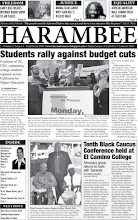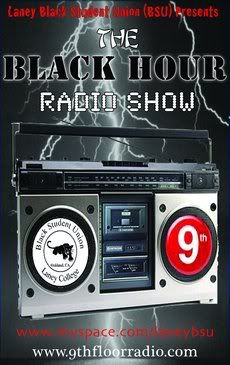Dear Colleagues:
Today the Budget Conference Committee began its work. In doing so, the Legislature departed from its normal practice of first convening the full budget committees in each house to formalize the respective Assembly and Senate budgets. This move appears to be an effort to expedite adoption of the state budget and, likely, an acknowledgment that the real sticking point in this year's budget process is the fundamental leadership negotiations on revenues rather than the fine detail of the spending plans. These leadership conversations are more likely to occur once Conference Committee and Big 5 meetings commence.
The Conference Committee is comprised of Senators Ducheny, Dutton, and Machado and Assemblymembers Laird, Leno, and Niello. Assemblymembers Evans and De Leon will be sitting in the committee hearings but not voting, apparently being groomed as future budget leaders.
The Community Colleges have only two issues before the Conference Committee this year, as the two houses agreed on nearly all aspects of our budget. The two open issues are:
· Partial COLA—with a 1.6 percent COLA in the Assembly version and a 3.68 percent COLA in the Senate. The difference does not reflect a true conflict between the versions, but rather that the COLA item was used in both budgets as a "balancer." That is, the COLA amount in each version was determined based on how much funding was available within the Proposition 98 funding guarantee. Because the Senate's budget plan calls for more taxes that drive up the Proposition 98 minimum guarantee, the Senate's COLA is also larger. The final COLA, if one is adopted, will likely be "cut to fit" based on the Proposition 98 guarantee in effect in the final budget. The K-12 and CCC COLAs will both be determined in the same way and set at the same level.
· A Senate proposal to provide $25 million from various special funds to support expansion of green CTE programs in high schools.
In today's opening comments, it was clear that considerable distance still exists between the Democrats and Republicans. Assemblymember Niello indicated that there were "no votes" for tax increases in the Assembly Republican Caucus. Senator Ducheny stated that leadership from the four caucuses (Republicans and Democrats in both houses) have been meeting to negotiate and she is hopeful they will find common ground.
Just as a refresher, the Governor's May Revision included a proposal to generate $15.2 billion in revenues over three years by borrowing against future State Lottery revenues; $5.1 billion of this amount would be used to meet budget needs in 2008-09.The Senate budget plan rejected the Governor's State Lottery proposal and instead relies on $11.5 billion in new tax revenues. The Assembly budget plan relies on $6.4 billion in new tax revenues as well as approximately $5 billion from a modified State Lottery proposal. Neither the Assembly or Senate have provided details on specifically which taxes they would increase or which tax loopholes they would close.
The wide variation in these revenue proposals, along with resistance by legislative Republicans to adopt any of the revenue proposals, make it extremely difficult to predict the outcome of this year's budget process. More updates will follow.
Regards,
Erik Skinner
Vice Chancellor for Fiscal Policy
Chancellor's Office California Community Colleges












No comments:
Post a Comment